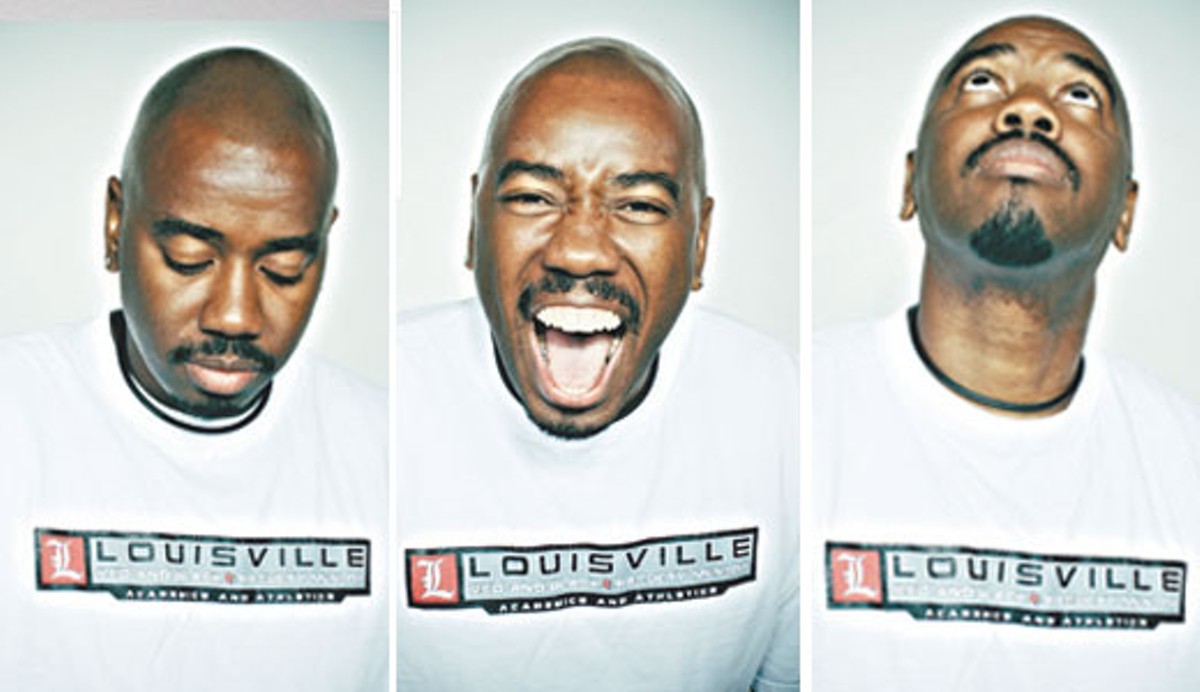Liberatory scholar Paulo Freire wrote extensively on how oppressive societies are maintained. One of his interesting ideas was mystification — “the process by which the alienating and oppressive features of a culture are disguised and hidden. False, superficial and naïve interpretations of culture prevent the emergence of critical consciousness.” In the wake of Michael Eric Dyson’s recent missive broadsiding Cornel West in the New Republic (I’ll save my comments on that for another time), Dani McClain published a column in the Nation asking what the role of black public intellectuals should be and citing penetrating comments from one of my favorite scholars - Robin D.G. Kelley:
“I don’t play pundit because I’m not interested in ‘influencing popular opinion’ if it means sacrificing analytical rigor. Our job as intellectuals is to ask the hard questions, interrogate inherited categories, take nothing as self-evident and go to the root of the problem. That includes the work of addressing contemporary social crises. ... Even when it comes to the issues deemed most urgent, we still exhibit incredible tunnel vision. For example, the discourse on police violence rarely acknowledges black women and transgender victims despite the best efforts by #BlackLivesMatter founders. And the epidemic of sexual and intimate violence hardly registers in ‘black public discourse.’ We still tend to limit our analysis to U.S. borders, and we are too quick to regard the federal government as a natural ally against racist localities.”
Kelley’s reflections reaffirm the belief that intellectuals’ greatest responsibility is to filter out the “noise” of the modern world so as to expose and deconstruct mystifications. Incessantly shallow verbal and mental chatter combined with rampant American anti-intellectualism, disengagement from exploring history, and political infantilization creates a distracted, confused and easily controlled populace.
For instance, those claiming concern about Baltimore would do well to remember that the city (and others like it) did not get where they are overnight. California-Berkley Historian Richard Rothstein has spent years studying residential segregation and argues that racially homogenous American ghettoes are not accidents, but were intentionally created by local, state and federal governments. Defending the city’s Residential Segregation Ordinance of 1911, Baltimore mayor Barry Mahool commented, “blacks should be quarantined in isolated slums” for multiple reasons. By the 1930s, the federal housing administration financed mass production builders of subdivisions often under the mandate that these homes not be sold to blacks. Concurrently, poor blacks were herded into public housing.
By the early 1970s, Housing and Urban Development Secretary George Romney (yes, Mitt’s pop) argued that the federal government had created a “white noose” around black neighborhoods and sought to reverse the process by integrating the suburbs through an “open communities program.” The uproar against Romney was so great that President Richard Nixon eventually removed him from his post. The federal government has produced nothing since that rivaled Romney’s initiatives. One damning takeaway for Rothstein is that whites gained an incredible advantage in wealth through home equity appreciation over the years to which blacks did not have access. This contributes mightily to the fact that African-Americans currently command only five percent of the wealth controlled by whites.
Freire, Kelley, Rothstein and other responsible scholars remind us that the diversions of noise and mysticism affect us all. We are immersed in the mental and material optics of individuals choked, shot or having their spines severed. News outlets drown us in the spectacles of burning businesses or protestors stopping traffic in cities across the country. We have pundit after pundit nauseatingly delivering opinion after often-empty opinion.
Kelley says he prefers an hour with young organizers to a primetime TV slot. Unfortunately, many other professors now scramble to make as many television appearances as possible to feed their egos. The general populace is anesthetized, zoning out on reality television and chasing micro-celebrity by posting selfie after selfie on social media sites. Meanwhile the real mechanisms of structural political and societal control often go unknown, almost always unchallenged and perennially unconquered. Be clear — this is a call for us to work harder at cutting through the noise and understanding the mystifications that create and maintain reprehensible human conditions. As Spike, Dap, and Big Brother Almighty said, “WAKE UP!”
Ricky L. Jones is the author of Black Haze (2nd Ed.) now available from SUNY Press.






